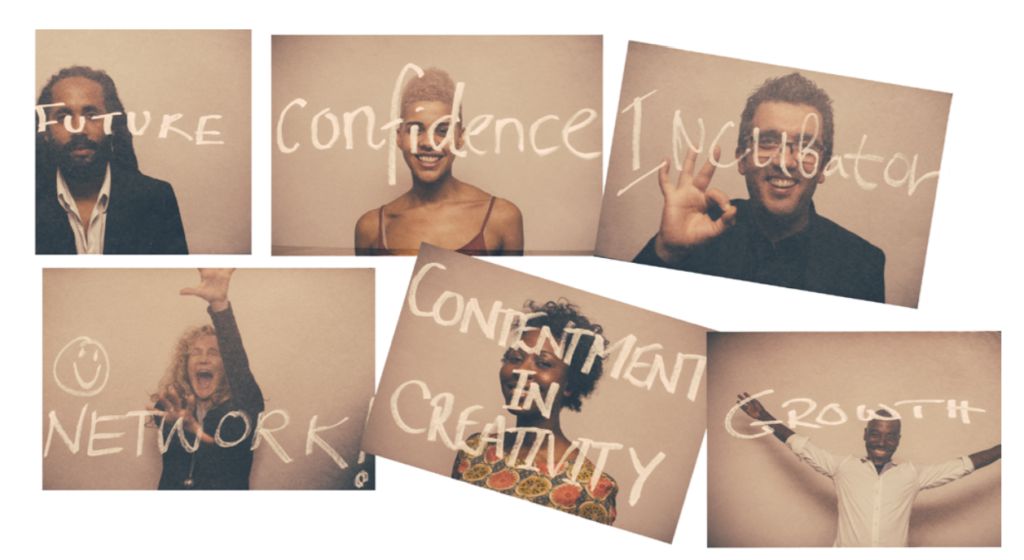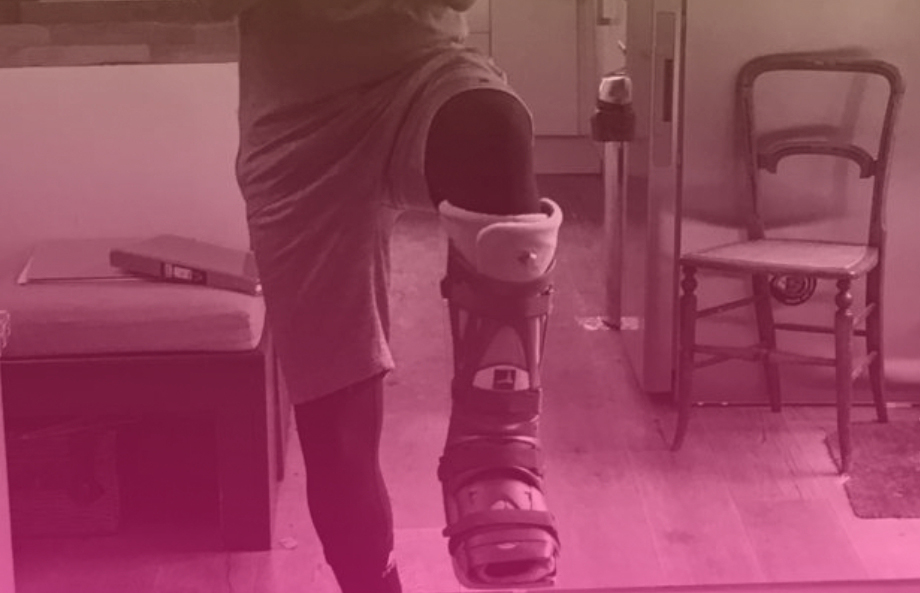
Reflecting on the impact of MeWe360 (article)
MeWe360 (‘MeWe’) is a not-for-profit organisation, set up to develop BAME entrepreneurs – and their enterprises – in the arts and creative industries. It was a project motivated by anguish and hope. Anguish, born of my frustration at the underachievement and under-representation of BAME leaders; and hope that, through MeWe, we can help unlock the untapped potential of our members and help make the arts sector more inclusive.
My anguish was tempered, and my hope cultivated, by the Clore Leadership Programme. I became a Clore Fellow in 2006. Towards the end of the programme, the idea for MeWe was beginning to take shape. Clore gave me the knowledge and motivation to develop the idea; it also introduced me to networks which helped me to get it off the ground. We launched MeWe in 2012. Now, Clore have asked me to reflect on MeWe and its impact.
Having given up my day job, I had a year to raise the investment to launch MeWe. Exactly 12 months and one week later I received the offers of investment I needed. It was a unique mix of commercial, public and private investors: Ingenious Media, Arts Council and Esmee Fairbairn. In total we secured over two million pounds. Our investors believed in our vision of a new approach for supporting BAME talent in our sector. They also believed that for MeWe to succeed it must have significant investment from the start. Three years after launching Arts Council made MeWe a Sector Support Organisation. This was another pot of secure funding which again gave MeWe the best opportunity to make sustained change. Otherwise, rather than developing and growing, MeWe would have just been scrabbling for grant after grant; a scenario described in my paper, The Black Arts Funding Trap.
By all conventional measures, we have done well. Over the past eight years, MeWe has supported over 3,500 creative entrepreneurs through tailored business support, coaching, consultancy, access to space, networks and finance. We have helped our members raise over £2m in commercial and public investments. We have helped organisations like Channel 4 and Deutsche Bank to access BAME entrepreneurial talent and delivered our programme as part of their offer. For Deutsche Bank, our partnership has tripled applications received to their DBACE Awards Programme (which has now been running for 27 years) and significantly increased BAME participation – now at 52% of applicants; this has also converted to winners of the award. We have diversified our income from 90% grant funded to 24%. Having demonstrated sustainable growth, in 2017, we took a loan from the Arts Impact fund to expand our members’ hubs in Soho Square. At our peak (pre-Covid-19), our two buildings provided offices, studios, events space and meeting rooms, creating a ‘home’ for BAME entrepreneurs.
In satisfaction surveys, 100% of the members who responded rated us as ‘Very good’ or ‘Excellent’. And within that statistic are inspirational stories of both success and failure. Like the member whose business failed in his first year with us. He took 18 months out to deal with the emotional fall-out from this. He then came back to MeWe and with our coaching support he now has a new business turning over more than a million pounds a year.
Or like another member, for whose business we raised £150,000. He then wasn’t able to deliver the project as planned because, with family-member challenges of mental illness and bereavement through cancer, he had to focus on taking care of his children. MeWe stayed in contact throughout and offered support where we could. Having taken time out to re-group, last year he re-launched his events business.
Our aim at MeWe is to be there for the life of our member not the life of a particular business. Because within most journeys of success there will be moments that feel like failure. Our uniqueness is in the depth of our support and our deep understanding of BAME entrepreneurs and their needs.
I could easily write more about our successes, but as its founder, I view MeWe’s success not only in terms of the standard evaluation data we must produce for award bodies and partners, but also on more intangible measures, including the extent to which we have maintained our commitment to championing the changes we want to see. For any leader pushing for racial equality, ‘walking your talk’ is a tightrope. You are constantly navigating the line between ‘I have a dream’ and ‘the art of the possible’. The ‘possible’ emphasises small steps, the gaining of currency and the building of foundations in the world as it is; we have done this and more. But the ‘dream’ (or the ‘art’) opens the imagination to new ideas that might change the world. And the dreamer in me worries that we have not done enough in this respect. It’s difficult. At every turn you are balancing the power you have as an individual with structural inequalities that exist at every level of society, across all sectors, including the arts and creative industries. What would be achievable without such limitations is the ‘win’ MeWe is ultimately striving for, a win that would benefit the BAME leaders we serve, their communities, our sector and society.
As we surface from months of lockdown due to Covid 19, a period punctuated by protests about racial inequality, there has been time to think about the last eight years. I question which compromises were necessary and where I might have been braver. This is probably why a glossy presentation of MeWe’s impact would feel somewhat hollow at this point. How do you evaluate the extent to which you have led with bravery and authenticity on the issues you care about, whilst managing the risk to your career, status, financial security, and emotional wellbeing? Any failure comes with shame in our society, but it is especially true when you are a BAME leader in the arts – something I talk about in my 2018 paper, Black Leadership Matters.
This brings me full circle back to Clore, where the mantra during the programme was ‘be yourself’ and ‘trust your instincts’. But in day-to-day leadership there is an almost irresistible pressure to play the game, not to rock the boat, to be pragmatic. In reality, the skill is in playing the game and being brave.
I have no illusion that racial inequality will be solved in my lifetime, but I want MeWe to move the dial in our sector. That will need my team and me to be braver in having the conversations that need to be had. Perhaps, if nothing else, world events have given me the push I needed to be braver, and at the same time made this more possible. Inevitably, I’ll continue to walk the ‘tightrope’, but now is the time to start doing so with more courage.



